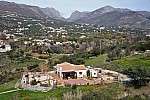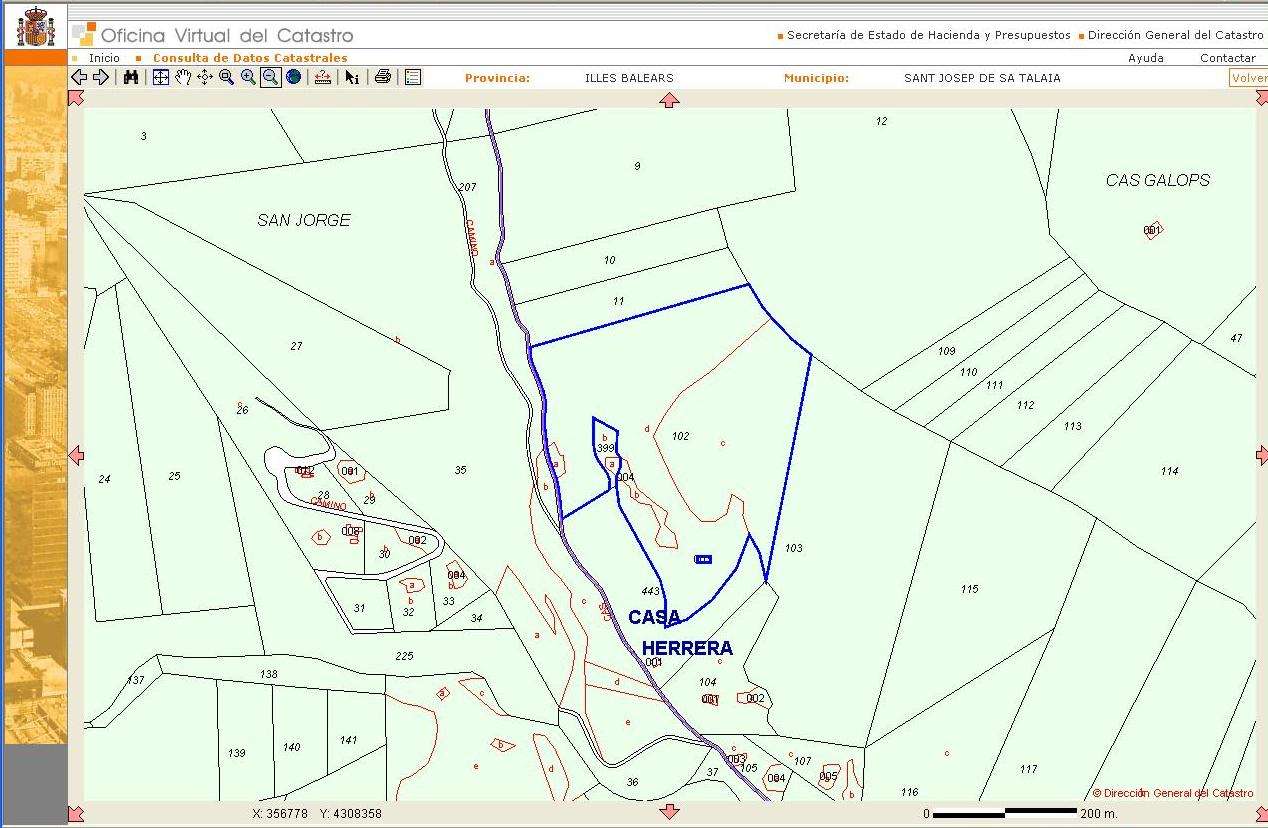FIGURE OUT OF REGULATION AND CONSTRUCTION ON UNDEVELOPED LAND

Now that many municipalities in Málaga are approving their development plans in an attempt to regulate the urban chaos in relation to dwellings on undeveloped land, and to adapt those plans to the Law on Urban Planning of Andalusia (LOUA,) the obvious question is; what will happen to the irregular housing that cannot be legalized by the new urban plan adopted by each municipality?
A possible solution to these houses can be the designating them as homes “fuera de ordenación” (out of regulation), ie homes or buildings that do not satisfy the new municipality’s urban planning, therefore cannot be legalized, and it cannot be either asked any kind of responsibility to their owners or developers as any possible urban infraction has prescribed according to the LOUA or penal code, through the passage of over four years and five years respectively, since the buildings were finished.
Such classification of a property as “out of regulation” can be done by either the City Council or at the request of the owners, and entails certain limitations on the rights of the owners with respect to such property. Thus, the building can only undertake repairs work and maintenance for the strict conservation for the occupancy and use of such constructions, and such other works authorized under exceptional provisions of the Act. However, these properties can still be used by their owners, so that they can continue to enjoy their homes, do conservation work thereof and carry out any legal business on their property, acknowledging the existence of the above mentioned limitations in the property use and enjoyment but with the legal security that any legal liability can be required in the future because the housing has been declared by the City Council as out of regulation and, therefore, is now legally defined.
Given the numerous buildings that are not legalized in the Axarquia and over which there can not be imposed any liability, some municipalities are currently starting to open statement records of “out of regulation” in order to end up with this situation of legal uncertainty over these buildings that can not be legalized since they are located on undeveloped land according to the urban plan. The objective is also to give the owners legal protection letting them know what they can or cannot do on their properties but with the legal security that no responsibility will be claimed on them in the future regarding their properties. In fact our firm recently launched the first record of this type in one of the municipalities with more properties in this situation in La Axarquia, not having finished to this day.
According to the LOUA, the councils have the authority or power to define in their urban plans what can or can not be done on these out of regulation properties, so they can take this advantage of that power or authority to help solving the problem of all buildings that can not be legalized in the new general urban plan but over which there cannot be any imposed legal liability. Thus using their authority to help making this cataloging received positively among the affected property owners while helping to organize and regulate part of the chaos of the homes built on rural land, with the consequent benefit to the town Hall for new incomes and for the owners that will have legal security in their properties
Therefore, given the impossibility of legalizing the new urban plan on everything that has been built illegally, the legal definition of out of regulation may be of interest for the owner to give legal security to their property.
Author: Gustavo Calero Monereo, C&D Solicitors (lawyers)








